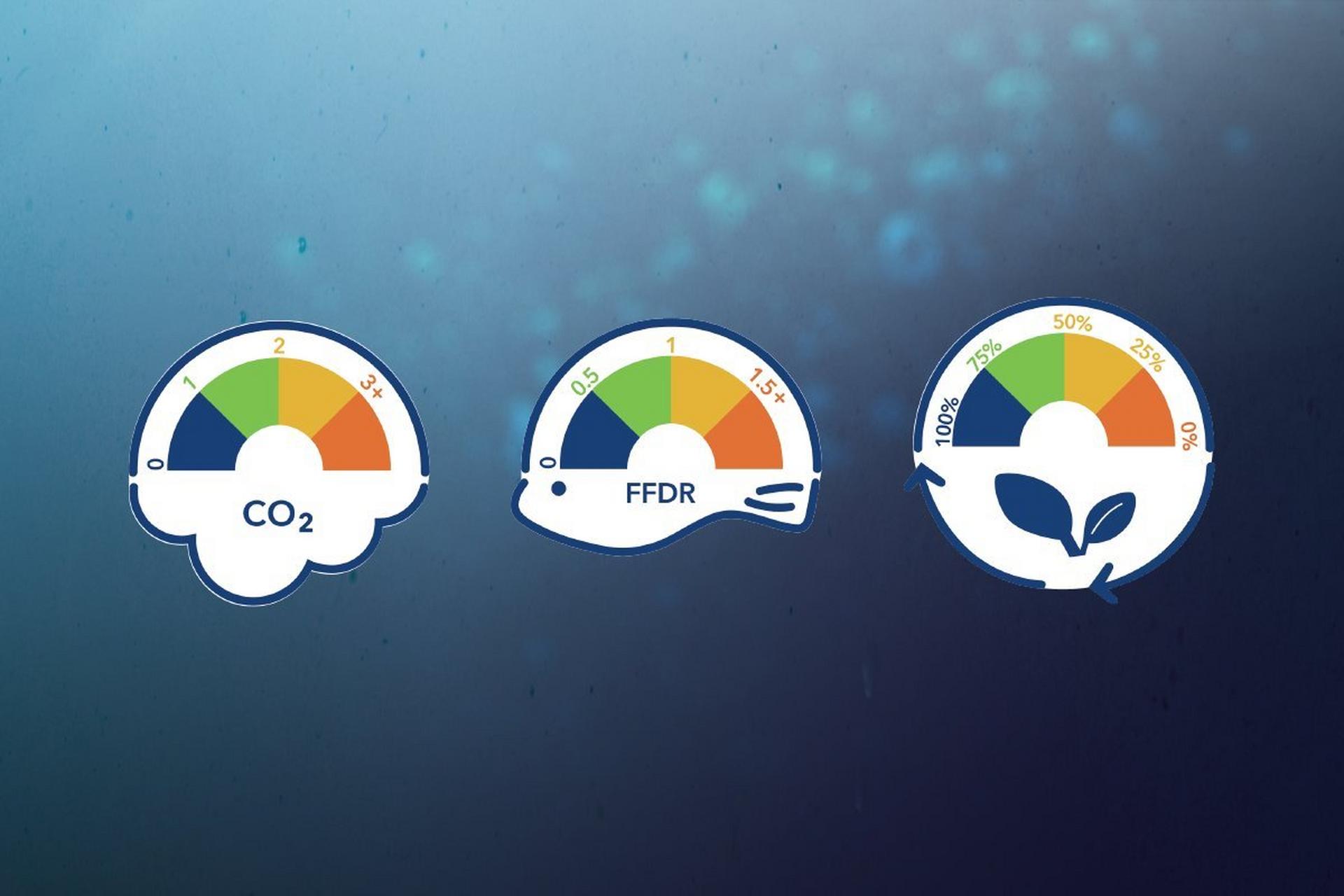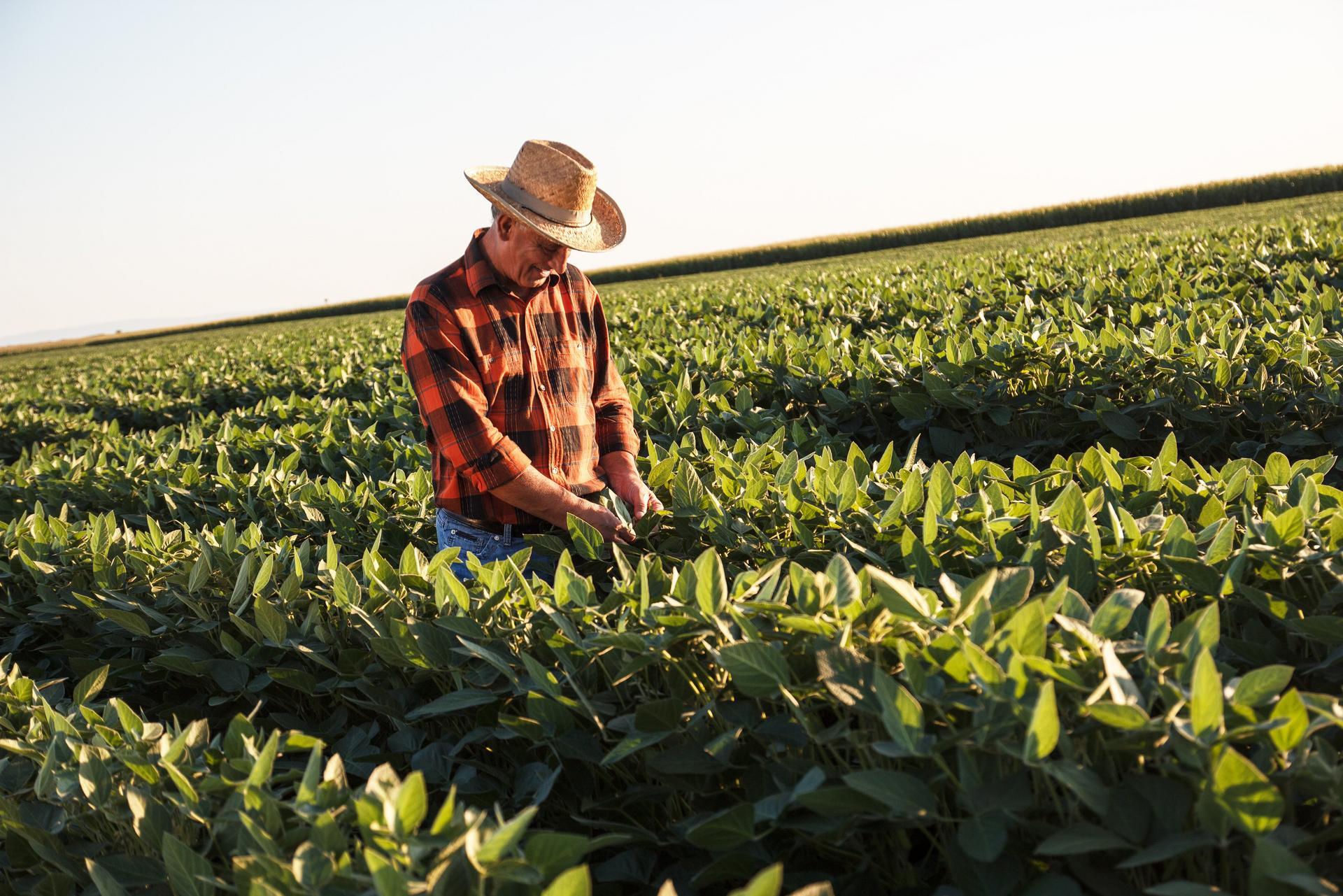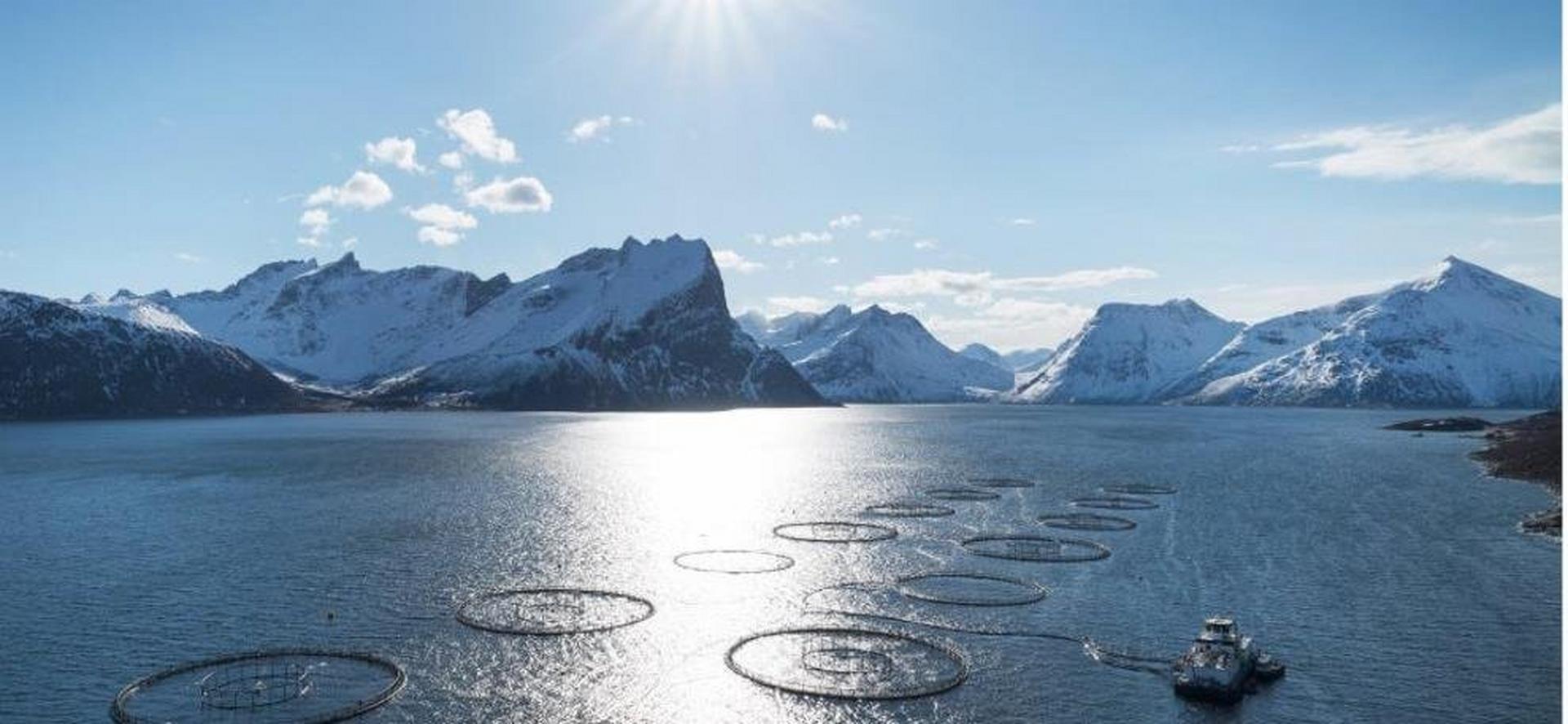- Products
- Climate Action
BioMar becomes France's first ASC-certified aquaculture feed production facility
BioMar has obtained ASC Feed Certification for its production facility in Nersac, France. As a key site producing feed for all life stages, including hatchery diets, this certification marks a significant milestone in France as the first ASC Certified aquaculture feed production facility in France and expands BioMar’ s ability to supply ASC-conforming feed across species and regions in the West Mediterranean and Africa Region and sets.














